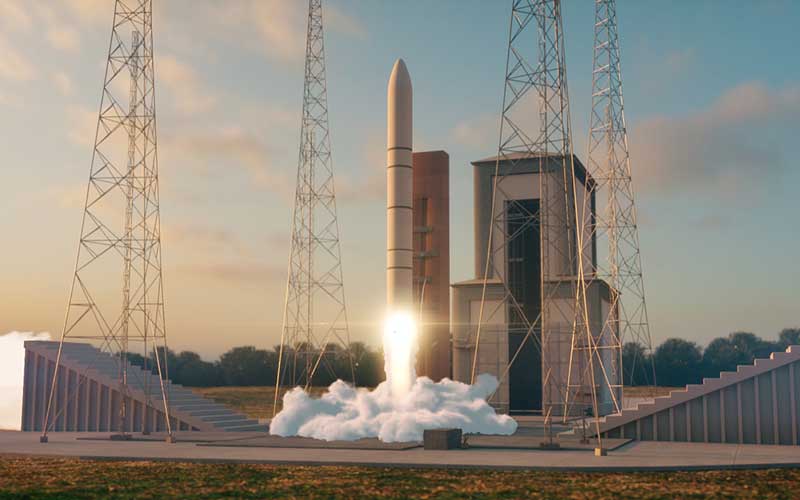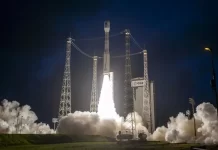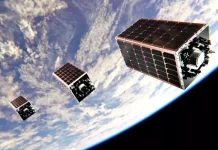
The European Space Agency has published an updated call for a study to explore the development of a reusable super heavy-lift rocket capable of delivering 60 tonnes to low Earth orbit.
On 20 November, ESA published a call for its European 60T LEO Reusable Launch System Pathfinder Study initiative. However, later that same day, the agency removed the listing from its online tendering platform without explanation. In response to questioning from European Spaceflight, the agency explained that the call had been published prematurely before it had been approved by the overseeing programme board.
Approval for the study to proceed appears to have now been granted, and the updated call was published under the same name on 3 December. It was, however, then once again removed from the agency’s online tendering platform.
While the basic vehicle requirements remained the same, the latest call introduced several changes to the late November version.
The updated study requirements placed a stronger emphasis on time and cost efficiency, focusing on “lean management” approaches. Another notable addition was the inclusion of human-rating aspects, signalling a clear intention to make the system suitable for crewed missions.
While the call focused on utilising the rocket to meet European space exploration missions beyond LEO, the update retained an emphasis on meeting “growing market opportunities.” It did, however, remove references to mega-constellations as a key market driver.
The call did not yet feature a proposed closing date. It did, however, specify that eligibility to compete would be restricted to companies headquartered in Belgium, Switzerland, Spain, France, and Italy.




